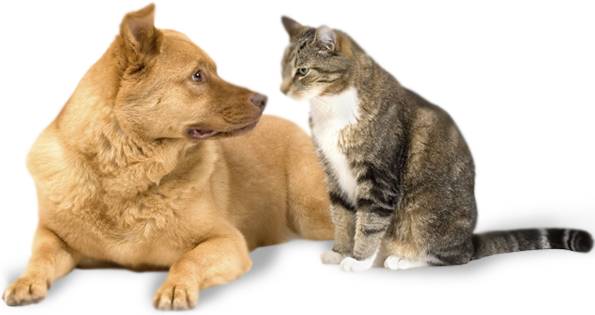How to provide a perfect rabbit care diet for your Oxgangs pet
The most important part of rabbit care is providing your pet with the best diet possible. Failure to do so can result in various diseases including dental disease, intestinal disease and obesity. Rabbits need a diet based on fibre to have good dental and gastrointestinal health. Ad lib hay or grass should ensure enough fibre is in your bunny’s diet providing he is not overwhelmed by other more tasty treats on offer. This MUST be the major part of your rabbit care.
To supplement the high fibre hay/ grass your rabbit should have access to a small amount of concentrate diet daily. The pellet forms are much better than the mixes as it eliminates selective eating and ensures a more balanced intake. Overfeeding of concentrate diet can lead to obesity and dental disease. Green leafy plants e.g. broccoli, cabbage, parsley, watercress, dandelion can also be given but only in small amounts as they are very low in fibre and also must be introduced slowly to let the gut’s bacteria adapt.
Signs that your rabbit may have dental disease include reduced appetite, a wet coat under the chin due to drooling and reduced faecal output. Intestinal disease may present with anorexia (being off food) and reduced faeces present in hutch due to the guts not moving the contents through. It may also present with soft faeces collecting around the back end due to lack of caecotrophy (ingesting and recycling their faeces which normally produces the hard pellets). If you see any of these signs then please contact Dundas Veterinary Group Oxgangs or surrounding Edinburgh practices immediately as early intervention is essential.
Rabbit care in terms of housing for your bunny
Rabbits can be kept indoor or outdoor, however correct rabbit care measures must be taken.
Outdoor rabbits must be protected against extremes of weather in the Oxgangs and Edinburgh area. The hutch should be raised off the ground and placed within an enclosure or run to allow sufficient exercise. Care must be taken to provide areas for your bunny to hide in case of alarm and the area must be secure in terms both of escape and also to protect against predators.
Indoor rabbits should also have a secure area to reduce risk of injury when you are not with them. They must be allowed and encouraged to exercise as much as possible to prevent obesity and all its related problems. For more details, call the team at Dundas Veterinary Group today.
Vaccinations and neutering to care for your rabbit in Edinburgh
There are two diseases affecting rabbits that we can prevent through vaccination. The first is Myxomatosis. Myxomatosis is a viral infection which is spread through biting insects. Initial signs of infection include swelling of the eyelids and genital area but response to treatment is invariably unsuccessful and euthanasia is the only humane option. These are both prevented by annual vaccination.
Neutering prevents unwanted pregnancy or false pregnancies and will modify behaviour in both male and female rabbits. It is also recommended in female rabbits to prevent against uterine tumours or uterine infection. Generally we prefer to neuter at 4 months of age but can be done at a later age if necessary.



